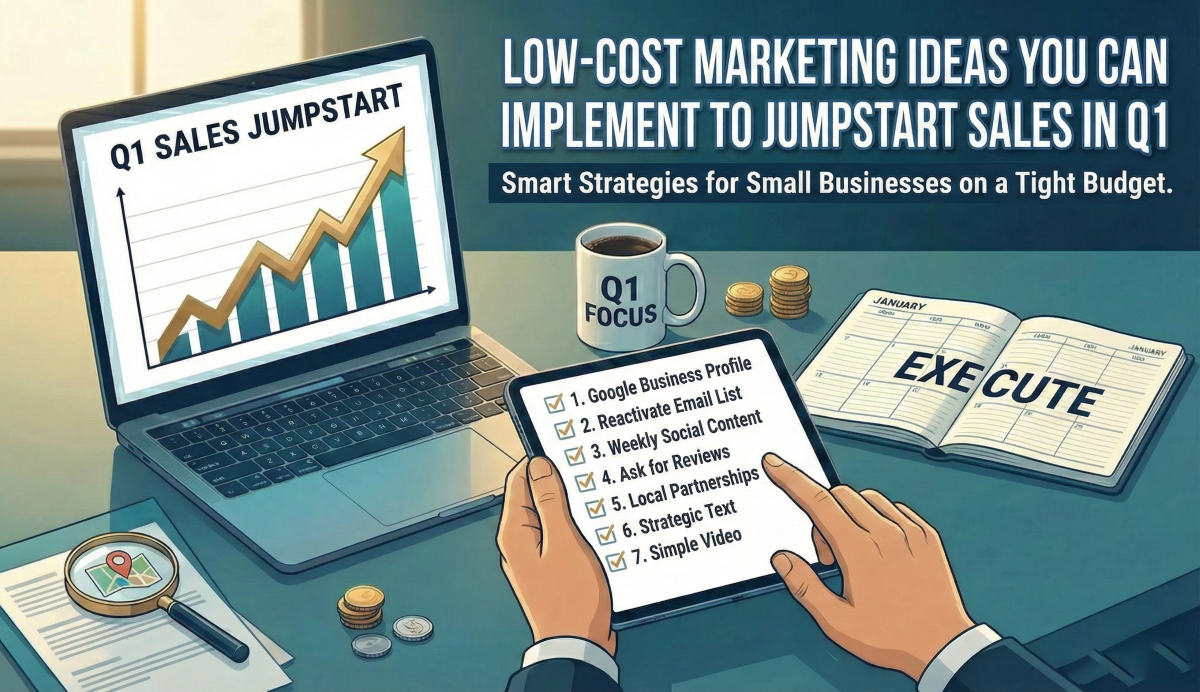The Truth About Paid Surveys: A Side Hustle Built on Deception
- Xuemei Pal
- Business
- Trending News
- July 30, 2025

Image Credit, Odissei
In the age of hustle culture, gig work, and remote income streams, paid online surveys are often pitched as an easy way to make extra cash from the comfort of home. You’ve likely seen the headlines—“Make $500 a month doing surveys!” or “Get paid to share your opinion!” But beneath the polished claims and flashy sign-up bonuses lies a much darker, less lucrative reality. One that some would argue borders on fraud.
At first glance, the business model seems harmless: companies pay survey platforms for consumer insights, and in turn, a portion of that payment is shared with everyday users who complete surveys. However, the overwhelming majority of participants quickly discover that the return on their time investment is staggeringly low. In fact, for many, it’s not a “side hustle” at all—it’s an elaborate game of bait-and-switch.
Survey platforms often advertise earnings of a few dollars per survey, sometimes even more. What they don’t advertise is how long each survey actually takes—or the odds that you’ll even be allowed to complete it. Many surveys run for 20 to 60 minutes, and often pay less than a dollar. In some cases, users spend upwards of an hour only to earn the equivalent of loose change. That’s not even accounting for time spent filling out pre-survey screeners that, ironically, often disqualify the user after harvesting their personal data.
One of the most frustrating aspects of the paid survey game is the disqualification process. Many platforms begin each survey with a series of preliminary questions that act as a screener. These questions are designed to determine whether your demographic profile fits the client’s research criteria. But here’s the catch: these screeners often last several minutes, require detailed personal information, and still result in a “Sorry, you don’t qualify” message after you’ve already handed over valuable data.
This setup allows survey companies to collect large swaths of demographic information with no obligation to compensate the user. Imagine filling out ten to fifteen of these screeners in a row, giving away everything from your income range to your purchasing habits, only to walk away with nothing. Multiply that by thousands of users, and it’s easy to see how these platforms can profit significantly by collecting data without paying for it.
Let’s be clear: survey platforms are in the business of data collection. That is their true product. The user base—everyday individuals hoping to earn a bit of cash—are not customers; they’re the resource. And while there’s nothing inherently wrong with incentivized data gathering, the structure and execution of many survey websites walk a fine line between marketing and manipulation.
From a business ethics standpoint, many of these platforms operate in a gray zone. They claim to offer compensation for time and opinions, but they build in so many barriers, delays, disqualifications, and payout thresholds that few users ever see meaningful returns. Instead, these platforms gather troves of data for corporate clients while doling out pennies to participants. In some cases, the payout systems are so convoluted that users forget to redeem rewards, or find they’ve expired before reaching the minimum cash-out threshold.
The winners in the survey economy are not the survey-takers. The profits flow to the companies that aggregate and resell the data. In fact, some of the largest survey platforms are owned by multinational marketing firms that use the insights to guide advertising campaigns, develop new products, or influence consumer behavior. Meanwhile, the individuals actually providing this data often walk away disillusioned and empty-handed.
Even popular “survey aggregator” sites that claim to filter out scams are often paid referral fees when you sign up through their links. This adds another layer of monetization for middlemen, while the actual data contributor remains at the bottom of the pyramid.
So why do people keep signing up? It’s the promise of passive income and the illusion of fairness. Most people assume that if they put in honest time, they’ll receive honest pay. But in the world of paid surveys, the rules are stacked against the user from the start. The platforms exploit a key human vulnerability: hope. Hope that this survey will be the one that pays $5. Hope that this platform is different. Hope that a few extra bucks each week are just around the corner.
There’s also a low barrier to entry. Unlike freelancing, investing, or launching a business, signing up for surveys requires no special skills, credentials, or upfront money. That makes them especially attractive to students, the unemployed, stay-at-home parents, and people living paycheck to paycheck—precisely the demographics most in need of fair and transparent income streams.
Technically, most survey companies toe the legal line. Their fine print often states that not every participant will qualify, that compensation may vary, and that users must reach certain thresholds to receive payouts. But legality isn’t the same as honesty. When a business model is structured in a way that systematically disadvantages its participants, it warrants serious scrutiny.
At best, the paid survey economy is misleading. At worst, it’s a data-harvesting machine with deceptive compensation practices. Either way, it’s a cautionary tale in the broader discussion about side hustles, gig work, and the illusion of digital opportunity.
If you’re looking to supplement your income, there are better, more reliable ways to do it. Paid surveys may seem like a harmless side hustle, but in reality, they’re often a time sink that pays fractions of minimum wage while quietly extracting your personal information. Before signing up, ask yourself: are you being paid to share your opinion—or are you just giving it away for free?








